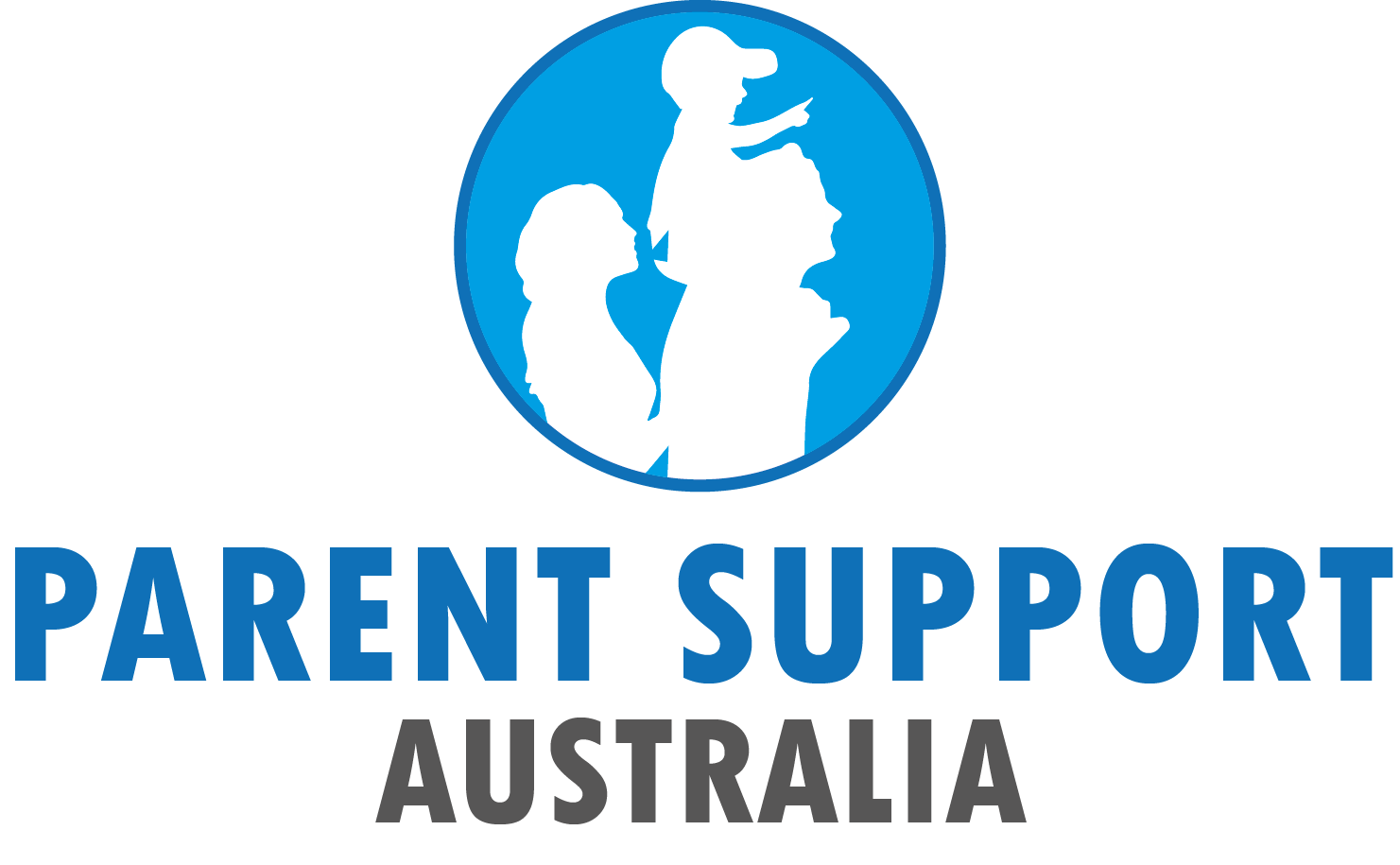Finding out that your unborn child may have a serious or life-threatening condition may come as a shock to say the least. If you are not in the high-risk category, the shock may be even greater. Many of the parents who receive such terrible news every year are relatively healthy parents between 20 and 30 years old, living a wholesome lifestyle, many of whom have had other perfectly healthy children before receiving this diagnosis.
The parents who provided their testimonies explained they felt as if they had been thrown into a world they assumed belonged ‘only for others’. What should have been one of the happiest moments of their lives had turned into a shattered dream.
In order for parents and the community to make sense of the intense feelings that may follow such a diagnosis, it would be helpful to learn about, pregnancy attachment theory. Kennel and Klaus (1976) described nine steps that occur in pregnancy to explain human attachment. Understanding that most of these steps occur even before the birth of the baby can help us to acknowledge the grief issues that accompany the premature death of an infant or the loss of the healthy child that we had in mind.
- Planning the pregnancy
- Confirming the pregnancy
- Accepting the pregnancy
- Feeling foetal movement
- Accepting the foetus as a person
- Giving birth
- Hearing and seeing the infant
- Touching and holding the infant
- Caring for the infant
The first five steps occur before or around 20 weeks of gestation, which is currently about the time that most parents discover that their child has an abnormality. Most parents have already made plans, named their child, announced the pregnancy to their family and friends and imagined their life with the new baby by that time. Sometimes the child has a condition that is not lifethreatening but involves a lifetime of special care and special needs.
How can parents be expected simply to forget, and to make vital decisions involving the life and death of their child in just a few days?
Many parents have described feeling an awkward sensation of grief while their child was still healthy in the womb, while others even felt guilty and didn’t understand why they would grieve for someone who was still alive and / or a child that would live. This is called anticipatory grief.
Indeed, your child is still kicking and is seen as ‘normal’ but you know that this will come to an end. You may be anticipating the next few months and starting to experience grief-like symptoms (Geldard, 1989). These may be:
- Emotional (sadness, anger, depression);
- Mental (preoccupation with thoughts of the baby, fantasies, fear of going crazy);
- Physical (aching, emptiness, lack of strength, palpitations);
- Social (desire to be left alone, problems communicating, difficulty planning the future).
Although parents experience one primary loss in losing their baby or their dream baby as they imagined him or her, they in fact experience multiple ‘secondary’ losses (loss of their ideals, loss of hope, loss of their family, loss of innocence, loss of security, to name just a few). The pattern for many parents is the same as the one they will experience after the birth of their child; they go through stages of grief. Elisabeth Kübler-Ross (1969) identified five distinct stages of the grieving process: denial, anger, bargaining, letting go and acceptance. Research has shown that it is possible to go through those stages in any order or to go back and forth between stages. It is also imperative to keep in mind that not everyone will reach the acceptance stage.
- Shock (sudden numbness, inability to function normally)
- Denial (disbelieving the diagnosis, trying to find a solution)
- Guilt (the parents may wonder what they did, perhaps ate or drank, to make their baby sick)
- Anger (parents may be angry with the medical staff for what they did or did not do, or with friends for smoking in front of the pregnant mother etc.)
- Acceptance (the parents may come to terms with the diagnosis, decide about the funeral or special care the child will need).
‘Anticipatory grief is more than just pre-death grief symptoms over a few months. It is a journey towards the ultimate loss but is composed of many losses of the past, present and future’ (Gilbert, 1996, p. 269).
